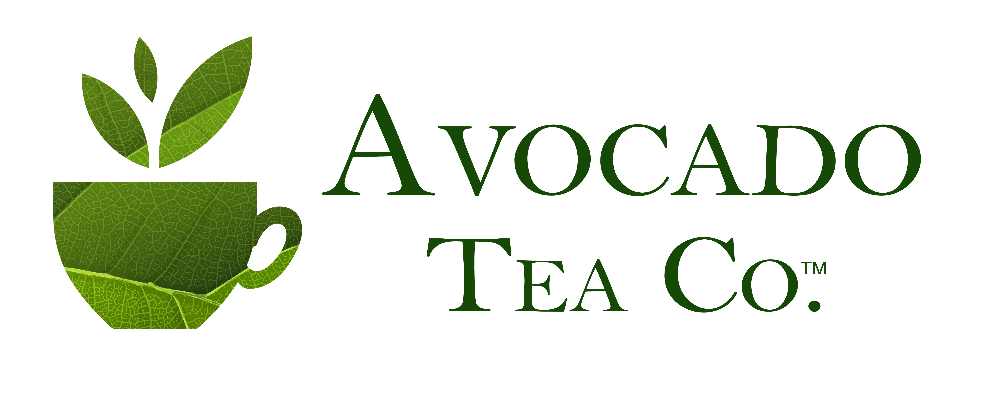Potential health benefits from avocado leaves
Research from the University of Nuevo León in Mexico found that the leaves of the locally-grown Persea americana variety (also known as avocado tree) are rich in phytochemical compounds that offer significant antioxidant activity and may treat certain diseases. The researchers found 41 compounds, predominantly phenolic acids and flavonoids, 18 of which were identified for the first time in such plant material. Traditionally, avocado leaves were used in Latin American medicine to treat coughs, bruising, wound healing and hypertension.
“The present study demonstrates that avocado leaves represent an important source for the recovery of added-value compounds with high antioxidant activity. These compounds have potential applications as bioactive antioxidant agents for the treatment of several diseases and in the development of novel food products,” note the researchers.
The study published in Molecules comes at a time when avocado consumption is seeing increased popularity. This has caused a high volume of agri-industrial by-product waste before and after pruning and production, with seeds, peels and leaves discarded with no further applications, according to the researchers.
These by-products may prove a “rich source of bioactive compounds,” as well as functional ingredients such as minerals, vitamins, fatty acids, proteins, fibers and polyphenols such as phenolic acid.
Reportedly, the polyphenol compounds are associated with fighting degenerative disease and having anti-inflammatory, hypocholesterolemic and anticancer properties. The researchers assessed the scavenging capacity of free radicals and inhibitory effects on lipid oxidation. The results showed a “statistically significant effect on the antioxidant activities.”
“In agreement with our results, previous studies have shown that the effectiveness of avocado extracts against lipid oxidation is linked to the phenolic contents in peels, seeds and leaves,” the researchers note. For example, a previous study showed that the extracts could prevent lipid oxidation in chilled pork patties and another confirmed them as antimicrobial agents.
Additionally, via analysis, the study characterized the phytochemical compounds found in leaf extracts and identified 35 phenolic compounds. Additional testing showed that phytochemical profiles differed among cultivars. The most “diverse” cultivar contained 25 compounds and the least diverse contained a mere 16 compounds.
“Phytochemical diversity and variation are evident when cultivars are compared, which could be the result of the genetic constitution as they were grown under same climatic conditions and samples were taken from mature and productive avocado trees,” the researchers say. The researchers do note, however, that further research on the matter is warranted to determine this particular genotype correlation.
* Article found in Nutrition Insight
![]()








